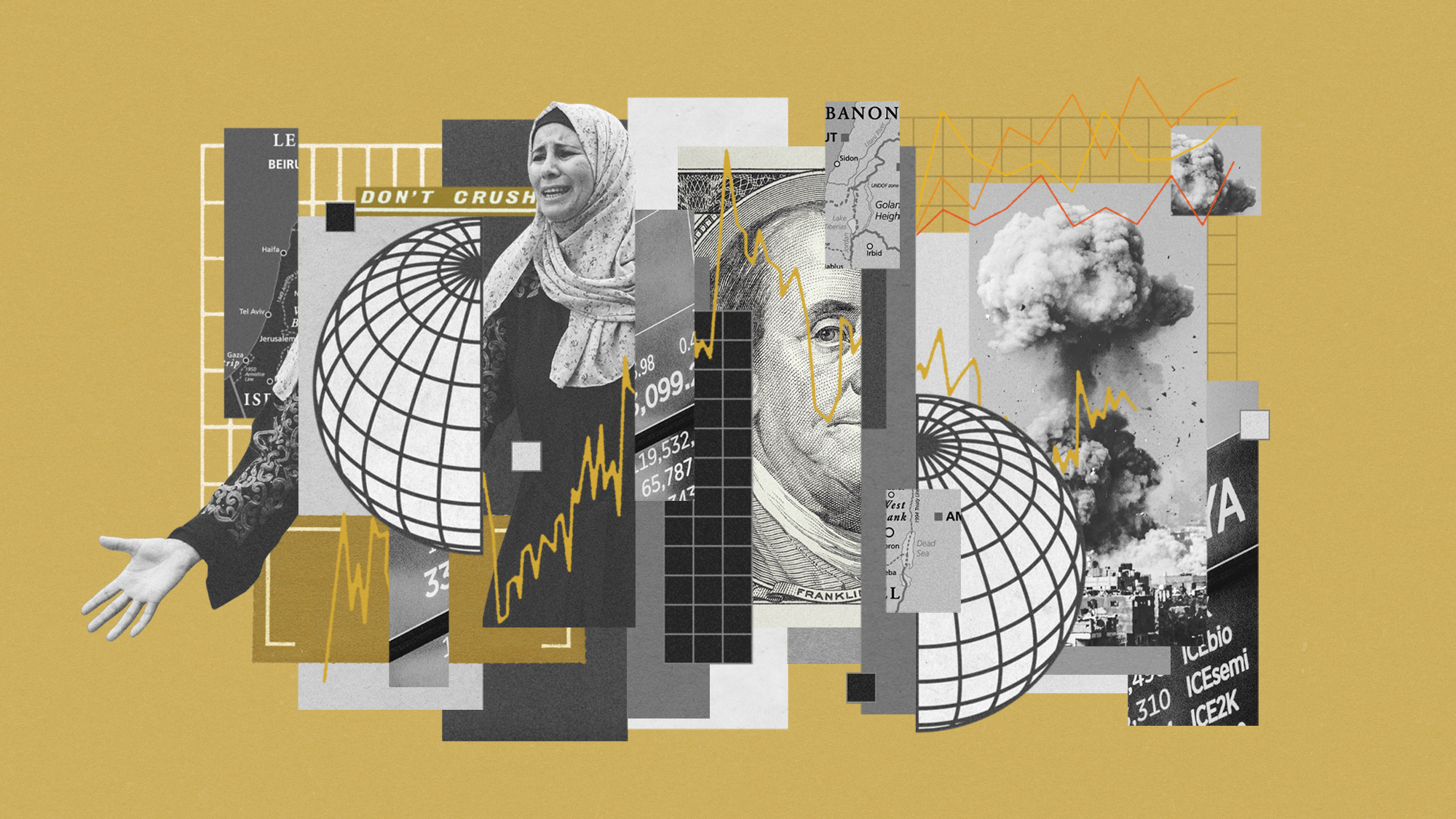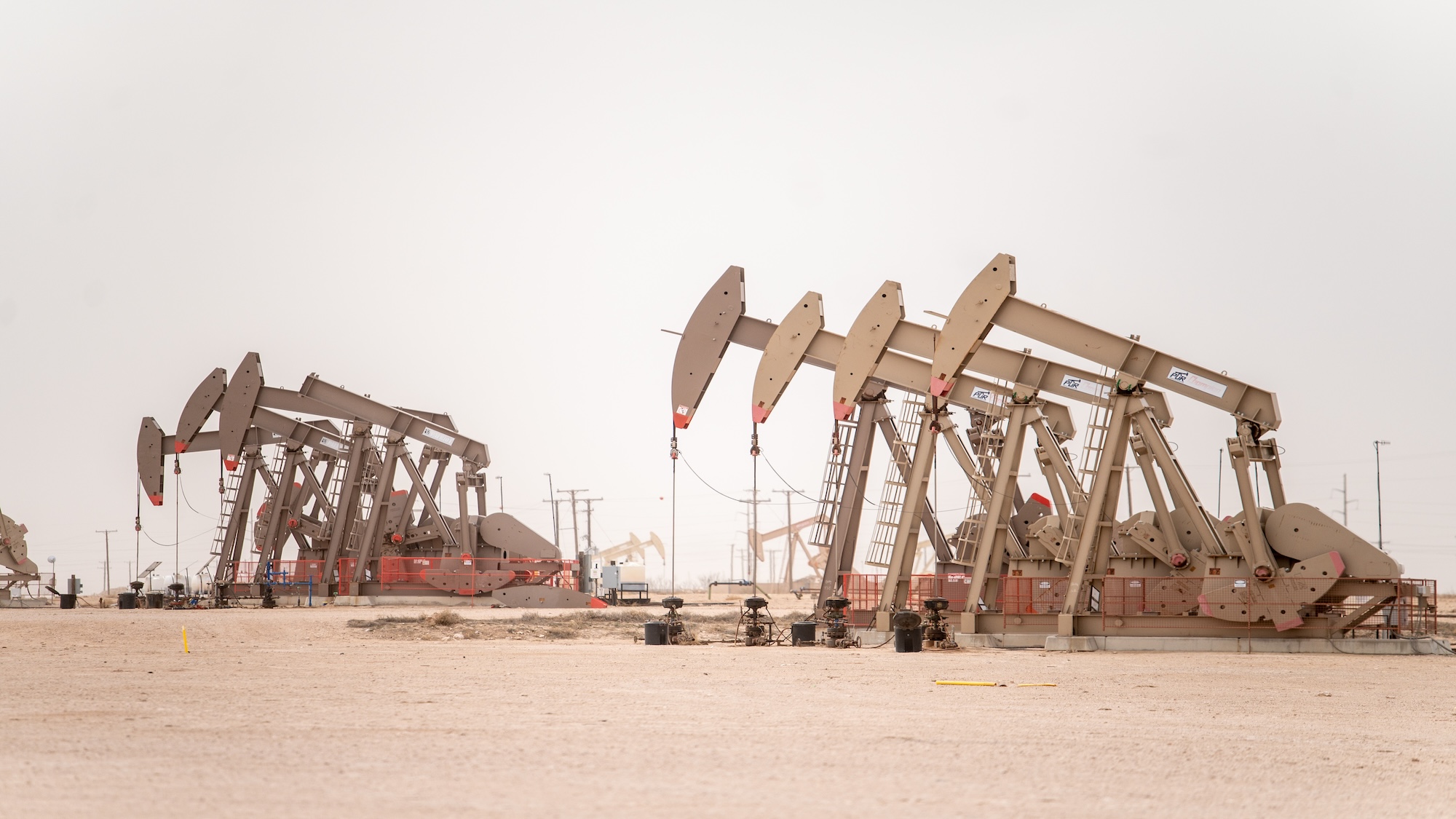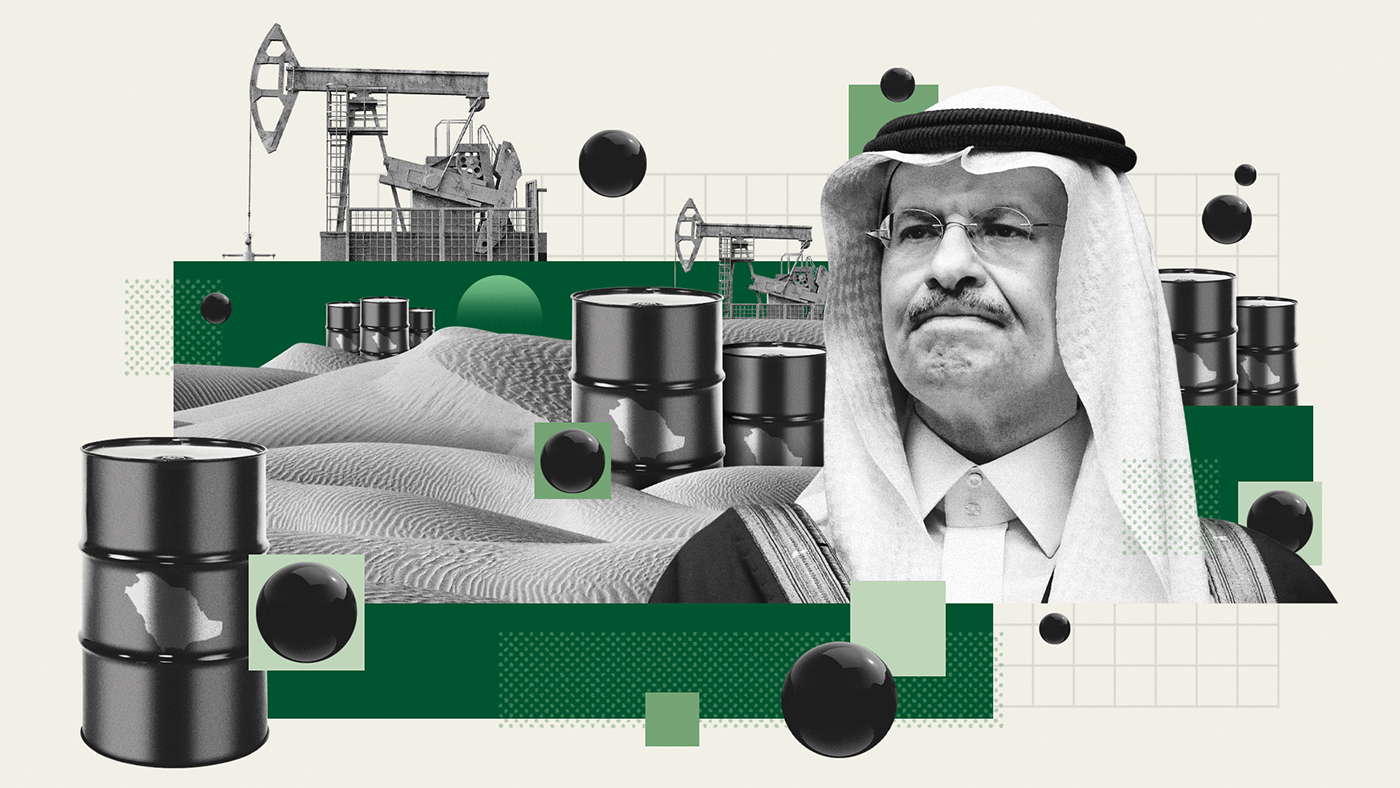Saudi Aramco blockbuster flotation: the risks and opportunities
Crown Prince Mohammed bin Salman wants to diversify the oil-dependent kingdom’s economy

A free daily email with the biggest news stories of the day – and the best features from TheWeek.com
You are now subscribed
Your newsletter sign-up was successful
The world’s most valuable company has outlined the next stage of its planned flotation on the Riyadh stock exchange, in a newly published prospectus that also highlights the risks involved.
The 658-page report from state-owned oil giant Saudi Aramco reveals that “individual retail investors will have a chance to buy shares as well as big institutions”, says the BBC.
Up to 0.5% of the company will reportedly be set aside for retail savers - equivalent to about a billion shares - but Aramco has yet to name a percentage for larger institutional buyers, nor when the planned float will take place, adds the Financial Times.
The Week
Escape your echo chamber. Get the facts behind the news, plus analysis from multiple perspectives.

Sign up for The Week's Free Newsletters
From our morning news briefing to a weekly Good News Newsletter, get the best of The Week delivered directly to your inbox.
From our morning news briefing to a weekly Good News Newsletter, get the best of The Week delivered directly to your inbox.
Bankers value the company at $1.5trn (£1.2trn) and $2trn (£1.6trn), making it the biggest stock market listing in history.
What opportunities does the float offer?
Saudi Arabia’s Crown Prince Mohammed bin Salman is looking to sell a yet-to-be specified number of shares to raise billions of dollars that will be invested in non-energy industries, in a bid to diversify the Saudi economy.
The company supplies 13% of the world’s oil and last year posted a net profit of $46.9bn (£36.5bn).
A free daily email with the biggest news stories of the day – and the best features from TheWeek.com
Those profits are more than twice those of Apple, the world’s most profitable listed firm, and more than those of the next six biggest oil companies combined.
Al Jazeera reports that Saudi Aramco’s prospectus suggests that “global oil demand may peak within the next 20 years” and that “Saudi Arabia’s market share could rise from around 15% to 20% by 2050”.
As MarketWatch notes, “the company’s size and profitability has made it undeniably attractive to potential investors”.
“Aramco’s low-cost oil production and its enormous reserves have helped transform the kingdom into one of the world’s top 20 economies,” the financial news site adds.
What are the risks?
The initial public offering faces “a few obvious risks- such as the supply, demand and price of crude oil”, says CNBC.
In an article for The New York Times, Aramco expert Ellen R. Wald points out that there is “no avenue for redress” in Saudi Arabia in the event that shareholders disagree on the company’s future direction.
“There is no venue for shareholders to bring a grievance if the company’s and shareholders’ interests conflict with the king’s demands,” Wald explains. “Saudi courts are not independent, and no judge could rule against the will of the king in favor of foreign investors.”
Meanwhile, Bloomberg reports that the valuation of the float is “vulnerable to the Russians”, with global oil prices “at the mercy” of the Organization of the Petroleum Exporting Countries (OPEC+) - an alliance of crude oil producers who coordinate production restrictions to help stabilise the oil market.
The news site points to Russia and Iraq as countries that “haven’t been doing their fair share of cutting crude production to shore up the price”.
The newly published Saudi Aramco prospectus also warns investors of “the potential for terrorist attacks and the potential for encountering antitrust legislation”, according to Reuters.
Other potential risks for investors include the Saudi government’s power to “decide maximum crude output” and to “direct Aramco to undertake projects outside its core business”, adds the news agency.
Joe Evans is the world news editor at TheWeek.co.uk. He joined the team in 2019 and held roles including deputy news editor and acting news editor before moving into his current position in early 2021. He is a regular panellist on The Week Unwrapped podcast, discussing politics and foreign affairs.
Before joining The Week, he worked as a freelance journalist covering the UK and Ireland for German newspapers and magazines. A series of features on Brexit and the Irish border got him nominated for the Hostwriter Prize in 2019. Prior to settling down in London, he lived and worked in Cambodia, where he ran communications for a non-governmental organisation and worked as a journalist covering Southeast Asia. He has a master’s degree in journalism from City, University of London, and before that studied English Literature at the University of Manchester.
-
 Political cartoons for February 22
Political cartoons for February 22Cartoons Sunday’s political cartoons include Black history month, bloodsuckers, and more
-
 The mystery of flight MH370
The mystery of flight MH370The Explainer In 2014, the passenger plane vanished without trace. Twelve years on, a new operation is under way to find the wreckage of the doomed airliner
-
 5 royally funny cartoons about the former prince Andrew’s arrest
5 royally funny cartoons about the former prince Andrew’s arrestCartoons Artists take on falling from grace, kingly manners, and more
-
 Why Saudi Arabia is muscling in on the world of anime
Why Saudi Arabia is muscling in on the world of animeUnder the Radar The anime industry is the latest focus of the kingdom’s ‘soft power’ portfolio
-
 Electronic Arts to go private in record $55B deal
Electronic Arts to go private in record $55B dealspeed read The video game giant is behind ‘The Sims’ and ‘Madden NFL’
-
 What Saudi Arabia wants with EA video games
What Saudi Arabia wants with EA video gamesIn the Spotlight The kingdom’s latest investment in gaming is another win for its ‘soft power’ portfolio
-
 How might the Israel-Hamas war affect the global economy?
How might the Israel-Hamas war affect the global economy?Today's Big Question Regional escalation could send oil prices and inflation sky-high, sparking a worldwide recession
-
 Recent mega-mergers could signal a turning point for the US oil industry
Recent mega-mergers could signal a turning point for the US oil industryTalking Point Both Chevron and Exxon have recently spent billions to acquire smaller oil companies
-
 The PGA gets a Saudi makeover
The PGA gets a Saudi makeoverfeature Fans and players are reeling after the league announced a surprise merger with its Saudi-backed rival
-
 Has Saudi Arabia lost control of oil prices?
Has Saudi Arabia lost control of oil prices?Today's Big Question Kingdom goes it alone to cut production, risking tension with US and reigniting cooling inflation in Europe
-
 Why is Saudi Arabia going it alone on costly oil cuts?
Why is Saudi Arabia going it alone on costly oil cuts?Today's Big Question The unilateral production cuts could hurt its finances while raising gas prices for drivers and OPEC